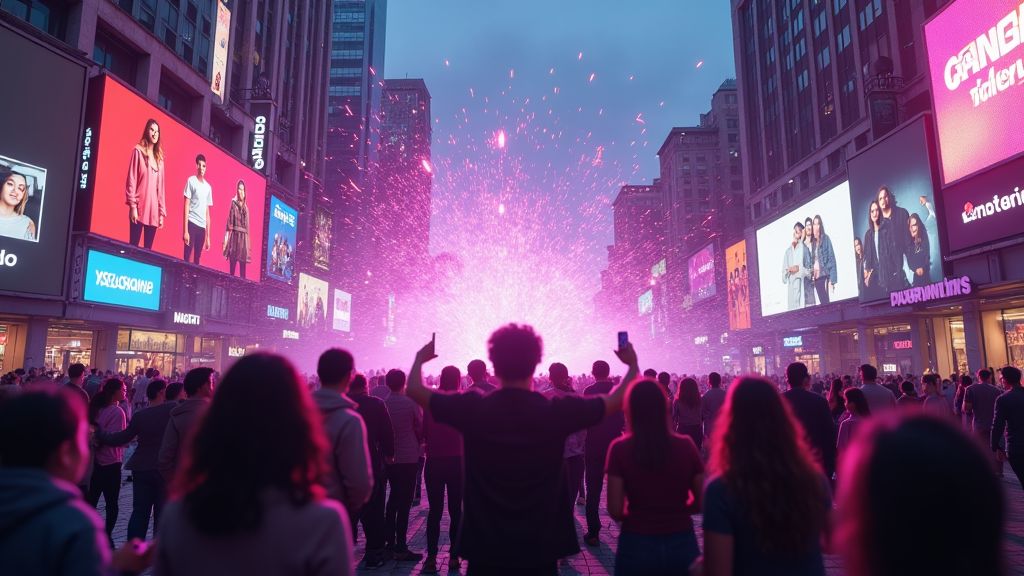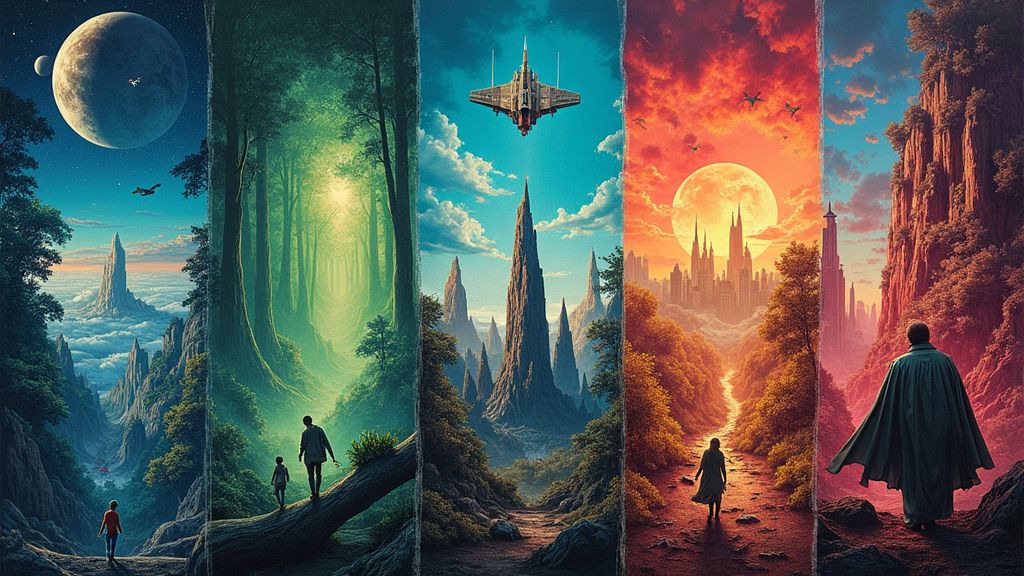The Influence of Video Games on Modern Music Composition
Have you ever found yourself humming along to the music in your favorite video game? Or perhaps you’ve been captivated by the epic orchestral score that plays during a crucial boss battle. Video game music has come a long way from the simple, repetitive tunes of the past. In fact, video games have had a significant influence on modern music composition, shaping the way musicians approach their craft and pushing the boundaries of what is possible in the realm of sound and music. Let’s delve into the fascinating world where video games and music intersect, and explore how this unique relationship has evolved over time.
The Evolution of Video Game Music
Video games have been around since the early 1950s, but it wasn’t until the 1980s that music became an integral part of the gaming experience. In the early days, video game music was limited by the technological constraints of the hardware, with simple bleeps and bloops being the norm. However, as technology advanced, so did the complexity and quality of video game music. The introduction of MIDI technology in the late 1980s allowed composers to create more intricate and layered soundtracks, giving rise to iconic melodies that are still beloved today.
Impact on Modern Music Composition
The influence of video game music on modern music composition cannot be overstated. Many contemporary composers cite video game soundtracks as a source of inspiration, and the boundaries between traditional music and video game music continue to blur. The immersive storytelling in modern video games has led to a demand for cinematic and emotionally resonant scores, with composers pushing themselves to create music that enhances the player’s experience and evokes a wide range of emotions. The lines between classical, electronic, and experimental music have become increasingly blurred, as video game composers draw on a wide array of genres and styles to create innovative and memorable soundtracks.
Technological Advancements
Advancements in technology have played a crucial role in shaping the landscape of video game music. The use of live orchestras and cutting-edge sound libraries has allowed composers to create rich and immersive soundtracks that rival those found in blockbuster films. The shift towards dynamic and interactive music, where the soundtrack responds to the player’s actions in real-time, has opened up new possibilities for composers to experiment with nonlinear storytelling and create truly personalized musical experiences. Spatial audio technology has also made its way into video game music, enhancing the sense of immersion and creating a more realistic and three-dimensional sonic environment for players to explore.
Collaborations and Cross-Pollination
One of the most exciting aspects of the relationship between video games and music is the potential for collaboration and cross-pollination between different artistic disciplines. Many video game composers have backgrounds in film scoring, classical music, or electronic music, bringing a diverse range of influences and expertise to the table. Likewise, musicians from various genres have found opportunities to contribute to video game soundtracks, lending their unique styles and perspectives to the medium. This exchange of ideas and talent has led to some truly groundbreaking and innovative musical works that continue to push the boundaries of what is possible in both the video game and music industries.













